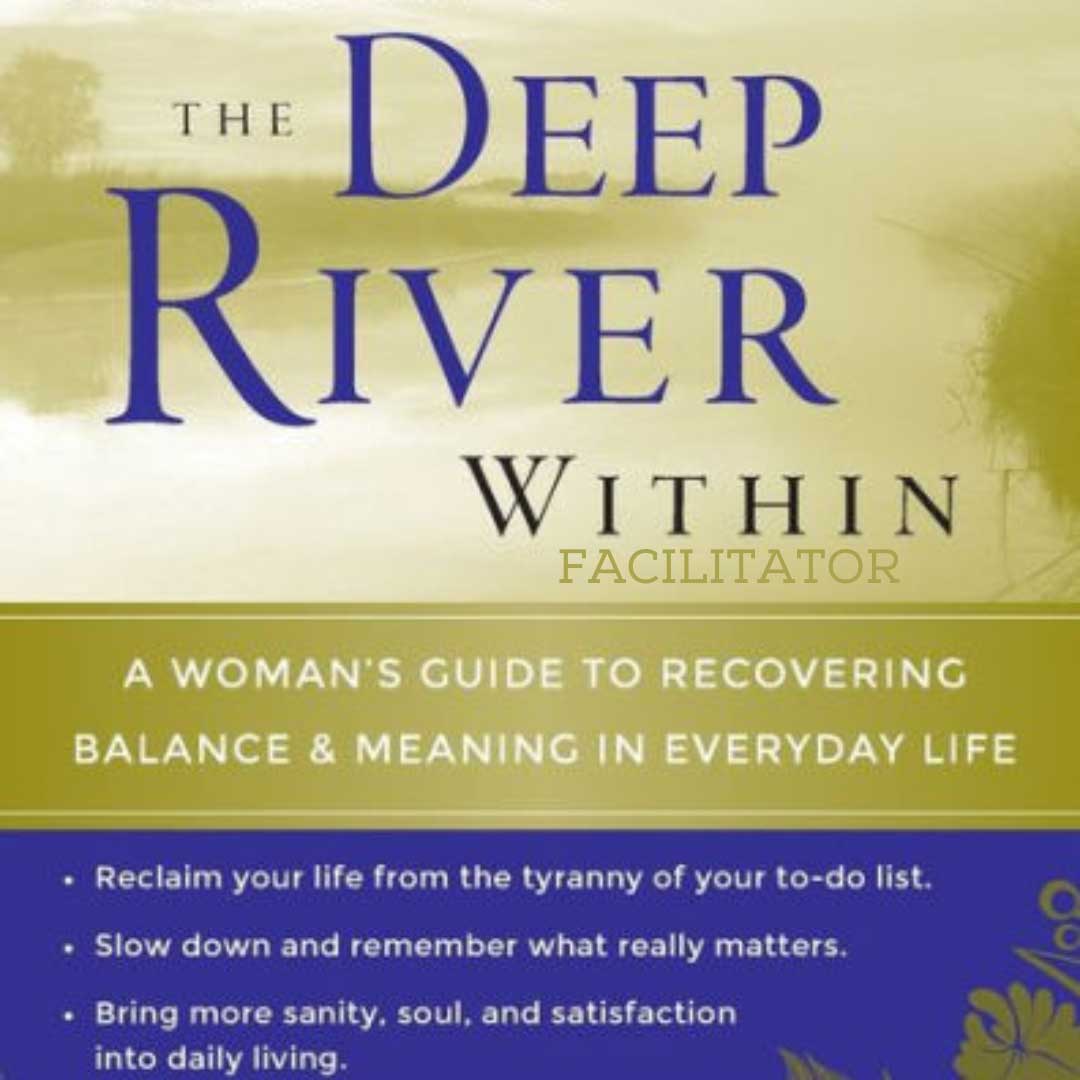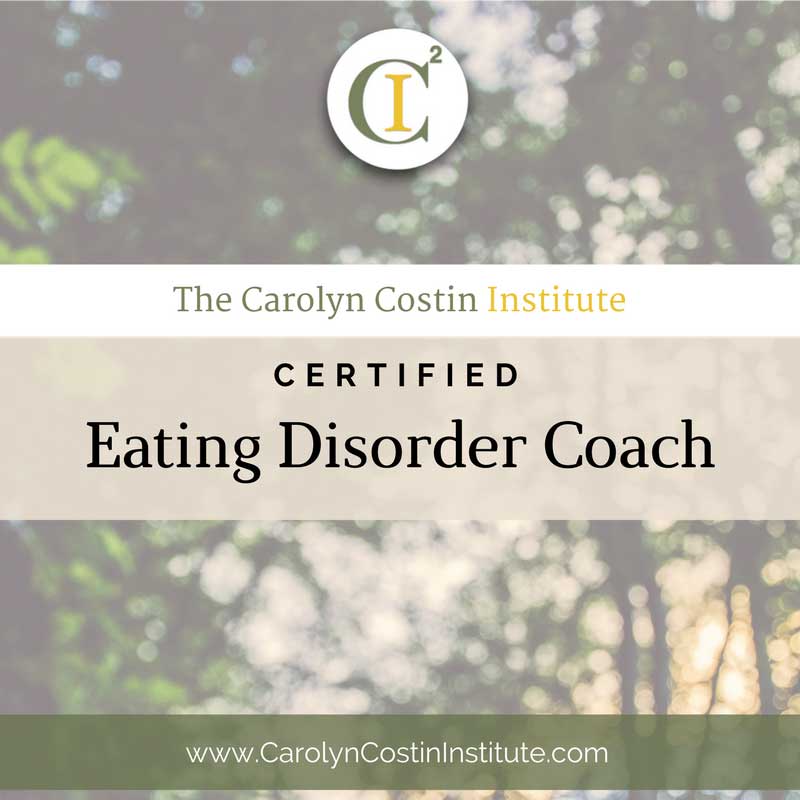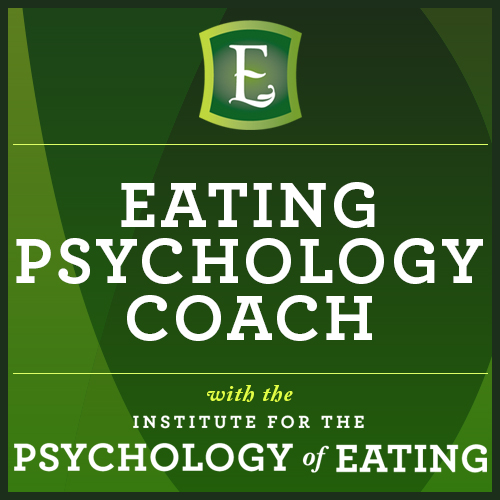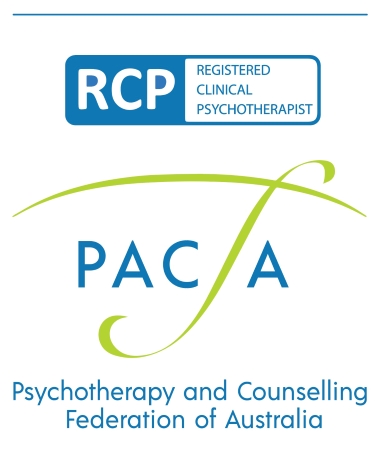
This podcast episode is about Early Childhood Attachment Relationships and How They Impact Mental Health: An Inconvenient Truth.
In a recent episode of The Diary of a CEO podcast, host Steven Bartlett talked with Erica Komisar, a seasoned clinical social worker and psychoanalyst, to delve into the profound impact of early relational experiences on mental health. Their conversation showed how disruptions in early attachments – stemming from factors such as parental absence or caregivers prioritising their own needs over their children’s – can lead to complex, developmental traumas. These early interpersonal wounds often manifest later in life in relational problems and mental health concerns.
The Crucial Role of Early Attachments
Komisar emphasised that the initial years of a child’s life are pivotal for forming secure attachments. Consistent and sensitive caregiving during this period teaches children emotional regulation and resilience. Conversely, when caregivers are absent or inattentive, children may develop attachment injuries, setting the stage for future challenges in life.
From Early Trauma to Adult Psychopathology
The discussion highlighted the trajectory from early relational trauma to adult mental health issues. Children who experience childhood neglect (physical and emotional) or inconsistent caregiving may internalise feelings of unworthiness or insecurity. These internalised beliefs can evolve into symptoms such as ADHD, anxiety, depression, disordered eating, substance abuse, and suicidality as individuals attempt to cope with unresolved emotional pain.
Healing Through Relational Psychotherapy
Komisar advocated for depth psychotherapy (psychodynamic/psychoanalytic) as a means to address these deep-seated issues. This therapeutic approach focuses on exploring and understanding early relational experiences, recognising that since the original injuries occurred within relationships, healing must also transpire within a relational context. By fostering a therapeutic alliance, and with the love and care of the psychotherapist, individuals can work through their attachment wounds, develop healthier relational patterns, and alleviate associated psychological symptoms.
Implications for Parenting and Childcare
The conversation also touched upon contemporary parenting practices and their implications for child development. Komisar expressed concerns about the potential psychological impact of early and prolonged daycare on infants, suggesting that such arrangements might contribute to attachment insecurities. She underscored the importance of parental presence during the formative years to promote secure attachments.
This perspective has sparked debate among experts. Some argue that high-quality daycare can offer valuable socialisation and developmental benefits, emphasising that the quality of care and the strength of the parent-child bond are critical factors. Komisar disagrees, and states that quantity and quality are equally as important for both children (particularly 0-3 year olds) and teens (9-25 year olds).
Conclusion
The dialogue between Erica Komisar and Steven Bartlett sheds light on the link between early relational experiences and later mental health outcomes. It underscores the necessity of addressing attachment-related injuries through relational psychotherapeutic approaches, reaffirming that the path to healing often mirrors the path of the original injury – within the context of relationships.
For those interested in exploring this topic further, the full podcast episode offers an in-depth examination of these issues. Some of the insights shared are quite confronting and may be challenging to hear. Erica Komisar refers to these as “inconvenient truths,” acknowledging that while they are grounded in research, they can evoke strong emotions and may not align with commonly held beliefs. I find myself agreeing with many of her perspectives; however, I also recognise that implementing such approaches in daily life can be complex and demanding.












